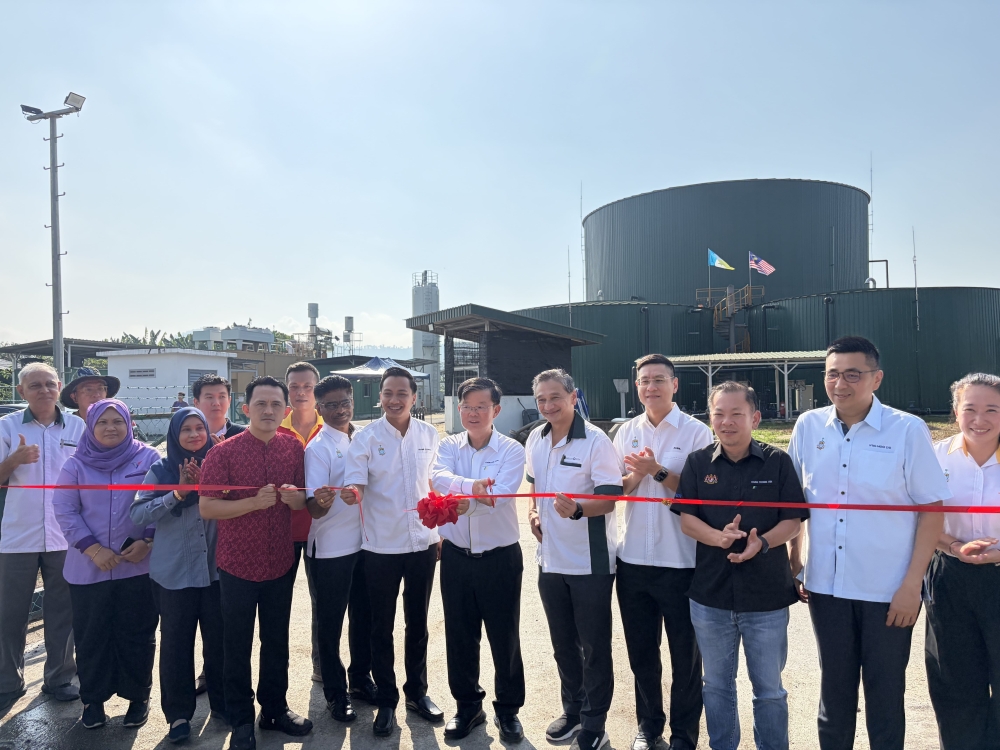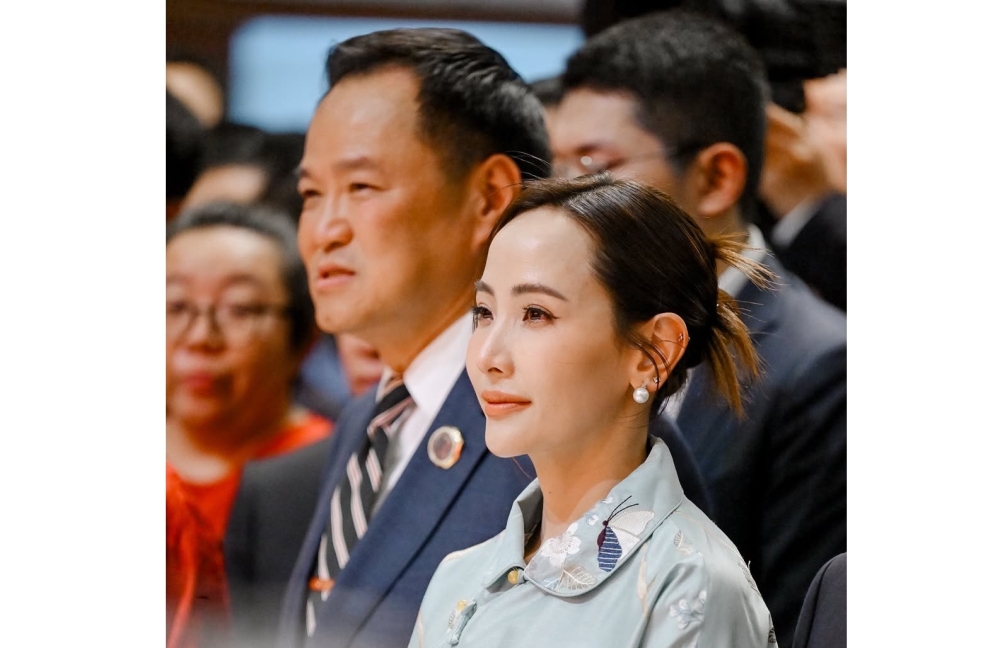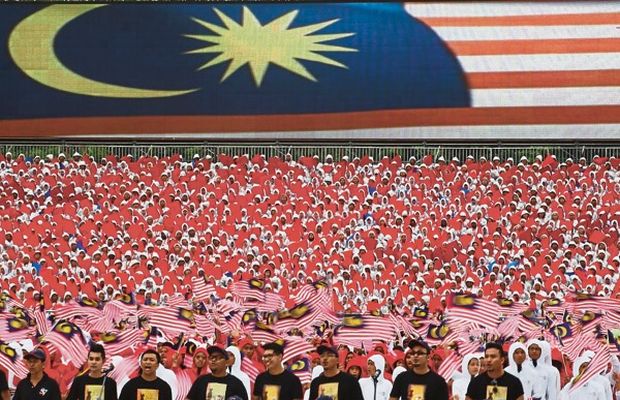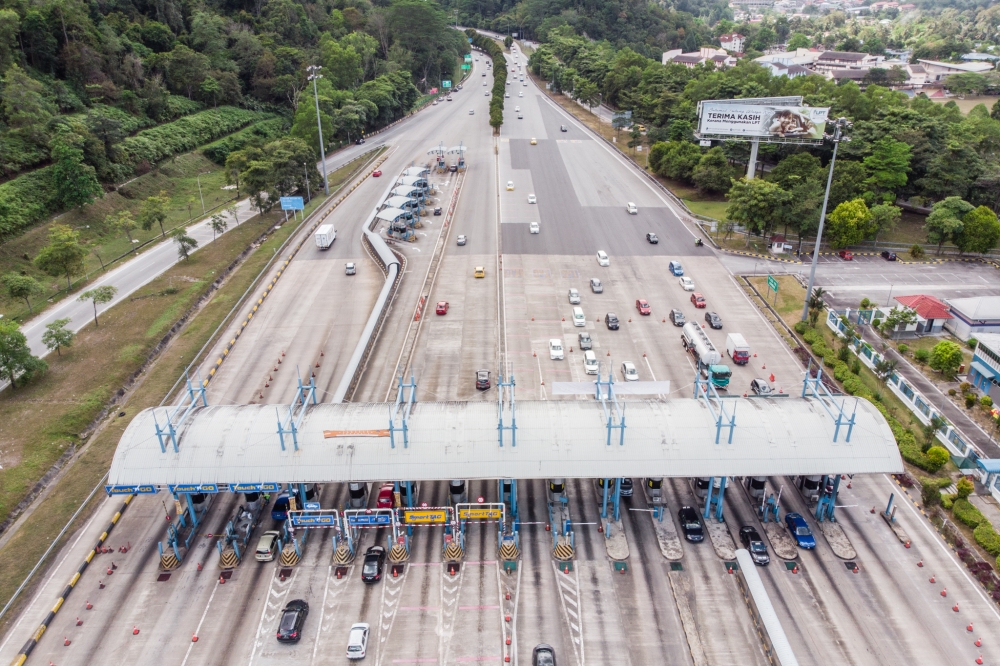KUALA LUMPUR, July 26 — Mention the word “Bumiputera” and the word “Malay” immediately comes to mind, and to a lesser extent the natives of Sabah and Sarawak, based on decades of experience on how affirmative action policies are carried out.
With Malaysia’s Indian Muslim community recently asking to join the special group of people known as Bumiputera, you might be asking: can you too “become” one, or must you be born one?
1. What is a Bumiputera?
The term “Bumiputera” however is not found in the Federal Constitution, which suggests that its meaning is not set in stone.
Article 160 of the Constitution only states the criteria for a person to be considered a Malay; which is to profess the religion of Islam, habitually speak the Malay language, conform to Malay custom and be born to a Malaysian parent.
The Department of Statistics Malaysia estimates the country’s population this mid-year as slightly over 32 million citizens and non-citizens, with the Bumiputera forming the bulk of the 28.7 million citizens at 19.78 million and the Chinese and Indians at 6.66 million and just below 2 million, and “others” at over 284,000.
One wonders at the tricky bureaucratic decisions in multiracial Malaysia where mixed marriages are not uncommon and ethnic identity can as a result be relatively fluid.
2. When can you be a Bumiputera?
The broad constitutional definitions of the word “Malay” raises the question of whether or not someone born to a different ethnic group but fits all the criteria could be considered by both society and the government to be a Malay.
Similarly, who can get official recognition as being Bumiputera, which literally means “sons of the soil”?
Can a community stake their claim to the Bumiputera label if their ancestors had laid down roots in this land generations ago, or if they had intermarried with Malays or east Malaysian natives or other locals, or if they profess the religion of Islam and adopt Malay customs and language, or if political expediency allows for it?
It’s a complicated question, but one that at least one group has raised in public. Perkasa had last week called for a careful study of the Bumiputera status, asking the government if Indian Muslims are also to be conferred the status because of their religion. The non-governmental organisation also asked if Muslims of other ethnicity would be given the same status.
3. It’s just a label, isn’t it?
Well, yes and no. Yes, because some Bumiputera may feel that their community is ready to stand on its own feet.
No, because the “Bumiputera” identity comes with a whole range of economical benefits and tangible advantages that often overlap special privileges for the Malays and natives of Sabah and Sarawak. The definition of “natives” of Sabah and Sarawak can be found in Article 161A of the Constitution.
Under Article 153, the Yang Di-Pertuan Agong is responsible for safeguarding both the “special position” of Malays and east Malaysian natives and the “legitimate interests” of other communities. It does not use the word “rights” or “special privileges” however.
This provision covers what Malaysians often refer to as “quotas” for Malays and the east Malaysian natives with regards to scholarships, educational or training privileges, positions in the civil service, special facilities, permits or licences for trade or business activities.
There are certain restrictions under Article 153 on such privileges that act as a form of safeguard to other communities.
Malaysians can quickly pinpoint real-life examples of pro-Bumiputera policies to help the community catch up such as the carving out of contracts; while some hold a lingering suspicion that public university entry and scholarship awards are not purely merit-based and that race continues to play an important role.
And according to the Securities Commission, companies that wish to be listed on Malaysia’s stock exchange must offer at least 12.5 per cent of their shares to Bumiputera investors, while the percentage of mandatory quotas of discounted property units in new developments have been reported to differ from state to state — Johor offers 40 per cent while Negri Sembilan offers 50 per cent and Kelantan 70 per cent as of last year.
The federal government has even launched this April the second version of its Bumiputera Economic Transformation Roadmap (BETR) to go beyond economic measures and improve the wellbeing of the Bumiputera community in areas such as education, health, income levels and property ownership.
4. Half the title?
Interestingly, the Amanah Saham Nasional Berhad’s (ASNB) mutual funds that are only open to the Bumiputera community also welcomes another group of local investors known as the “minorities”.
ASNB provides a detailed breakdown of who falls under the Bumiputera category, which includes Malays who must also be Muslims. There is no requirement to be Muslim for other indigenous Malaysians under this category—the Orang Asli in the peninsula, the natives of Sabah and Sarawak, or those born to mixed marriages involving Sabahans and Sarawakians.
Aside from helpfully stating the documents required or the departments where Bumiputera verification may be obtained, ASNB’s website also clearly lists out investment eligibility for east Malaysians based on both their parents’ status.
And who are these “minorities” eligible to invest in Bumiputera-only unit trust schemes? Well, they are the “Siamese/Thai, Portuguese/Eurasian/ Serani, Muslim converts/Muslims with non-Bumiputera status, Indian Muslims”.
And who else has been seeking to be recognised as Bumiputera? According to past news reports, it includes the Melaka Chitty community or Indian Peranakan who are also Hindus and the Peranakan Chinese. Malaysians of Siamese descent had in the past been declared as having Bumiputera status.
Does the enjoyment of a benefit normally accorded only to the Bumiputera community mean one has partial Bumiputera status or is de facto a Bumiputera?
This brings us full circle to the question of who is a Bumiputera and who can be one… and which can only be answered by the government in power.



















